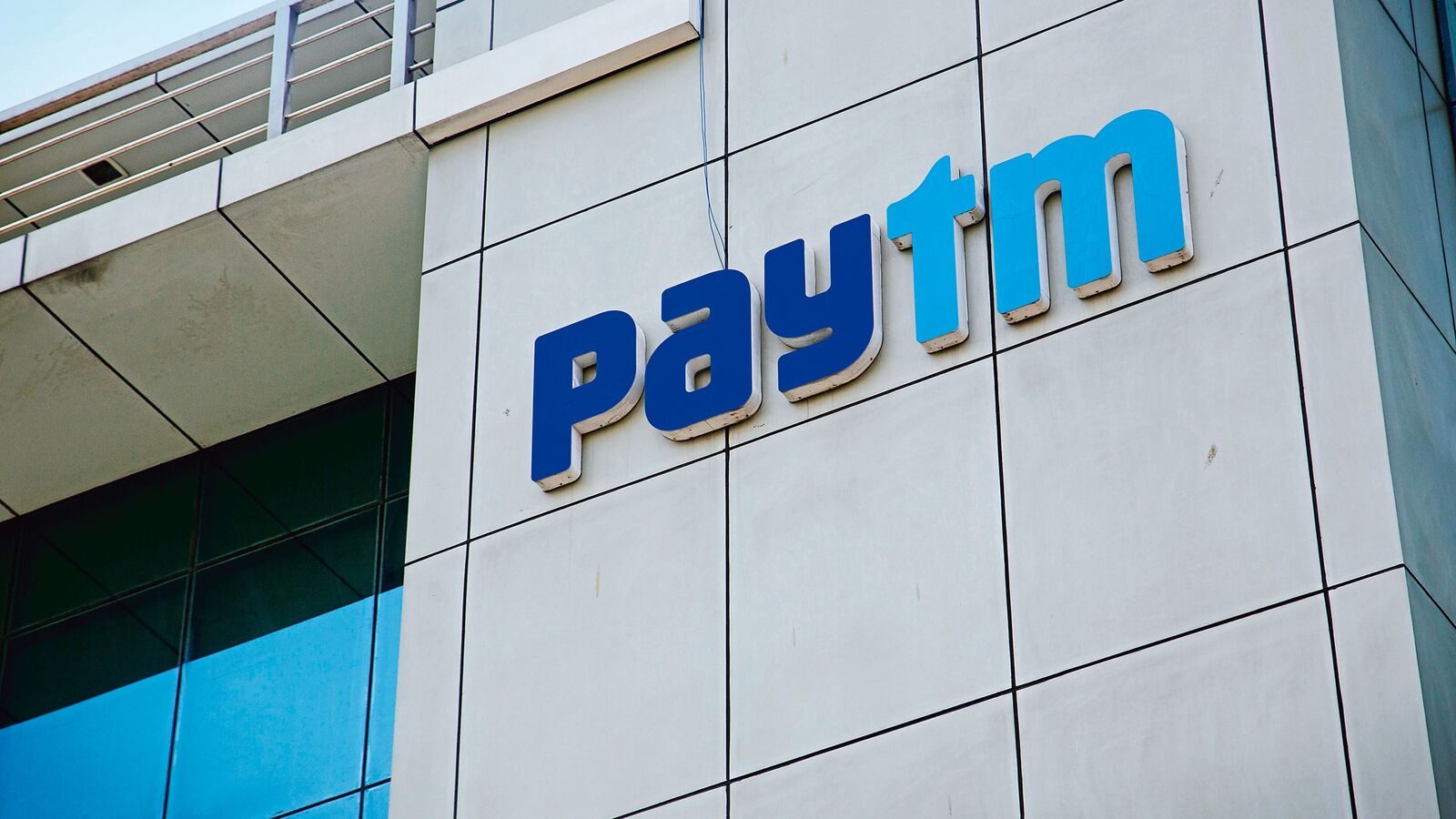[ad_1]
It is rare in India’s regulatory history for a financial sector firm to be in the line of fire of the regulator for persistent non-compliances and continued supervisory concerns. And that too after Paytm Payments Bank, one of the first to be off the block almost a decade ago, was put on notice in March last year and directed not to onboard new customers by the banking regulator.
On Wednesday, the RBI went one step ahead and barred Paytm Payments Bank from providing any credit transactions or top ups and further deposits in any customer accounts, prepaid instruments, wallets, FASTags after 29 February other than any interest, cashbacks or refunds. The payments bank also cannot offer other banking services other than fund transfers and a few other services. It will also have to terminate the nodal accounts of the parent firm One97 communications and Paytm Payment Services Ltd at the earliest and not later than 29 February, this year.
That will be a crippling blow to a payments bank which has 50 million account holders and for a group which has 300 million wallets and a leader in the FASTag units segment. And known for its innovation and products, Paytm to rebound after this regulatory blow will be like climbing a mountain.
It will be viewed as a blow for India’s much acclaimed fintech sector at least in the near term. The RBI action will also be seen as harsh by the industry. But if there are still concerns after one comprehensive external systems audit and subsequent regulatory review, it is possible that the RBI may have material information more than just KYC violations which may have forced it to come down hard on the bank. A clue to that may be in the RBI directive to terminate the nodal accounts of One97 Communications and the payments bank. It may well be that the regulator decided to pre-empt any possible concern on the safety of depositor funds and loss of faith.
More importantly what the RBI move does is to shine a light on the payments bank business model in India and the regulatory challenges for fintech sector firms and newcomers to the world of strict compliance rules.
Close to a decade ago when the RBI started issuing licences for payments bank, the policy objective was to broaden the access to financial services featuring an electronic bank account especially for low income households, small businesses and migrant labour using technology. Basically, these banks would offer deposit and withdrawal facilities, mobile payments and third party transfers at a low cost to achieve the aim of financial inclusion by expanding to the hinterland where the footprint of mainstream banks is limited.
But there were fetters imposed by the RBI. Payments banks could accept deposits of up to only ₹2 lakh only with 75% of the deposits to be invested in low yielding government bonds. They are barred from direct lending or offering loans, though they could provide platforms for loans of other financial entities. Given the operational costs specially that of ensuring a physical presence in the hinterland and other smaller towns besides cities and technology, margins and profitability were always going to be a challenge.
Last fiscal, three payments banks finally reported profits —Fino Payments Bank, India Post Payments Bank and Airtel Payments Bank. Yet, in a business model where a bank cannot lend which is key to its revenues and in turn profitability, there is no surprise that all of them have made out a case for allowing them to offer small ticket loans at least in the initial phase. In retrospect, the judgement of some of those groups which had received the RBI’s in principle approval for promoting payments a few years ago appears to have been right considering the steep profitability path. In this context, it is however important for policy makers to step back and keep in mind the contributions of the new set of differentiated banks and fintechs to universalize access to financial services to a segment outside of mainstream banking. These financial firms have pushed mainstream banks to look at a new credit segment.
But that cannot justify any failure to put in place Chinese walls to segregate other lines of business or using depositors’ funds or leveraging by any financial firm as public money is at stake. Paytm has said that its payment business is an important customer and merchant acquisition tool and in turn an attractive funnel for other businesses such as credit distribution and enabling commerce businesses.
Last year, RBI Governor Shaktikanta Das had said that payments and settlements are serious businesses with potential downsides should anything go wrong. The regulator in its latest action may have tried to mitigate that downside. In the process navigating the glide path from a payments bank to a small finance bank and finally a full-fledged commercial bank for many potential banking licence aspirants will now be even more of a stiff credibility test.
[ad_2]
Source link
